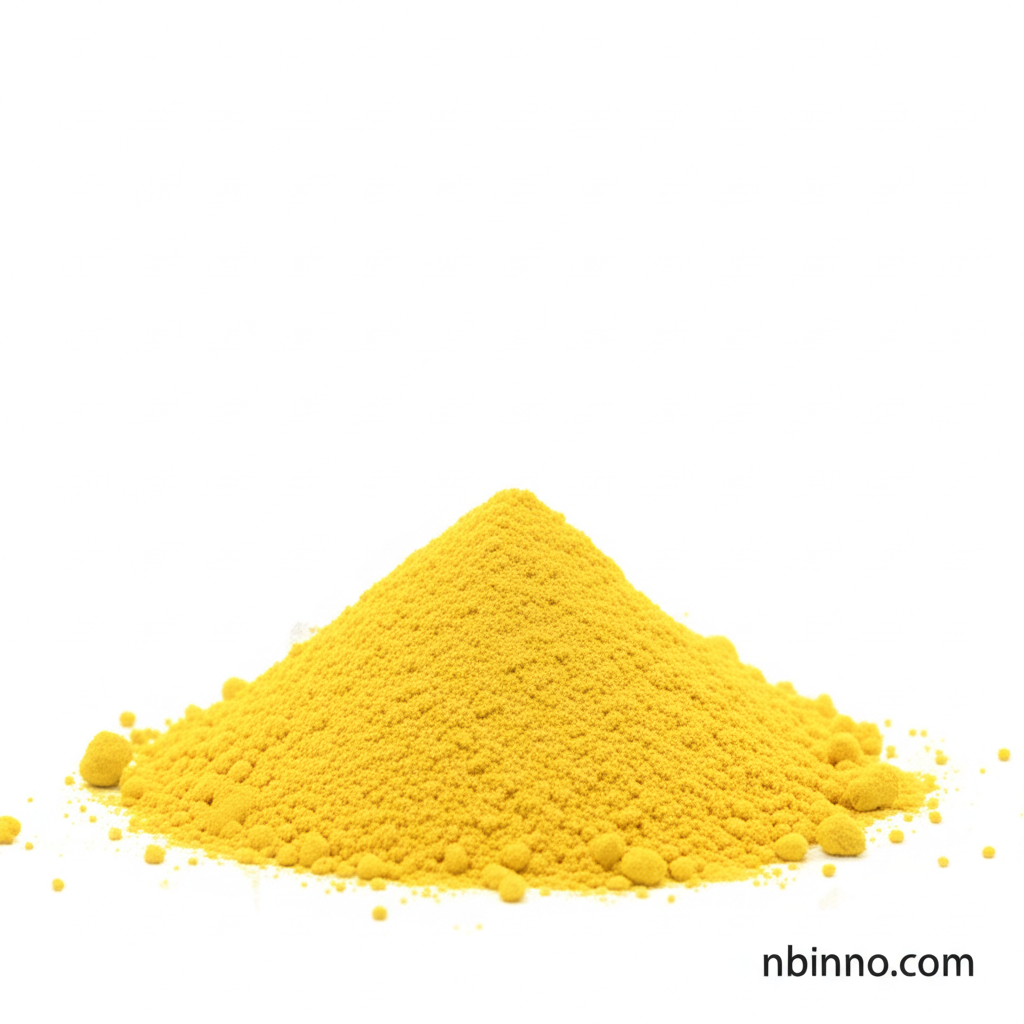Tannic Acid: Properties, Applications, and Benefits
Discover the multifaceted world of Tannic Acid, a natural polyphenol with diverse uses in industry and health.
Get a Quote & SampleProduct Core Value

Tannic Acid
Tannic Acid is a complex polyphenolic compound renowned for its astringent, antioxidant, and antimicrobial properties. It finds extensive use across various industries, from pharmaceuticals and cosmetics to food and leather tanning, owing to its unique chemical structure and beneficial effects.
- Tannic Acid Applications: Explore the wide array of uses for tannic acid, spanning from its role as a clarifying agent in beverages to its medicinal applications in wound healing and anti-inflammatory treatments.
- What is Tannic Acid? Learn about the fundamental definition and origin of tannic acid, a natural extract with a significant history of use in traditional medicine and industrial processes.
- Tannic Acid Properties: Delve into the key characteristics of tannic acid, including its solubility, appearance, and chemical structure, which dictate its diverse functionalities and applications.
- Tannic Acid Benefits: Understand the significant health advantages associated with tannic acid, such as its antioxidant capabilities that help combat oxidative stress and potentially reduce the risk of chronic diseases.
Key Advantages of Tannic Acid
Versatile Industrial Use
The multifaceted nature of tannic acid allows it to serve critical functions in industries like leather tanning, textile dyeing, and water purification, showcasing its value as a sustainable industrial chemical.
Health and Wellness Benefits
Leveraging its antioxidant and anti-inflammatory properties, tannic acid is increasingly recognized for its benefits in cosmetics and nutraceuticals, supporting skincare and overall wellness.
Natural and Sustainable Sourcing
As a plant-derived compound, tannic acid represents a sustainable alternative to synthetic chemicals, aligning with growing market demand for eco-friendly ingredients in various product formulations.
Key Applications of Tannic Acid
Pharmaceuticals
Tannic acid exhibits antioxidant, anti-inflammatory, and antimicrobial properties, making it valuable in pharmaceutical formulations for wound healing and treating certain infections.
Food & Beverage Industry
It acts as a clarifying agent in beverages like wine and beer, a natural preservative, and a flavor enhancer, contributing to the quality and sensory experience of many food products.
Cosmetics and Skincare
Due to its astringent and antioxidant effects, tannic acid is utilized in skincare products to tone the skin, reduce oiliness, and provide anti-aging benefits.
Leather Tanning
Historically, tannic acid has been a primary agent for tanning leather, improving its durability, flexibility, and resistance to decay by interacting with collagen fibers.
